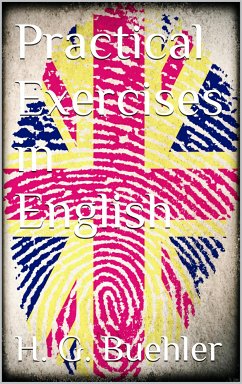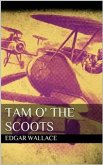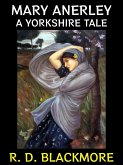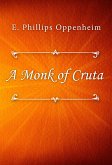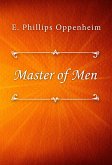All the "Exercises in English" with which I am acquainted consist chiefly of "sentences to be corrected." To such exercises there are grave objections. If, on the one hand, the fault in the given sentence is not seen at a glance, the pupil is likely, as experience has shown, to pass it by and to change something that is not wrong. If, on the other hand, the fault is obvious, the exercise has no value in the formation of habit. Take, for example, two "sentences for correction" which I select at random from one of the most widely used books of its class: "I knew it was him," and "Sit the plates on the table." A pupil of any wit will at once see that the mistakes must be in "him" and "sit," and knowing that the alternatives are "he" and "set," he will at once correct the sentences without knowing, perhaps, why one form is wrong, the other right. He has not gained anything valuable; he has simply "slid" through his exercise. Moreover, such "sentences for correction" violate a fundamental principle of teaching English by setting before the impressionable minds of pupils bad models. Finally, such exercises are unnatural, because the habit which we hope to form in our pupils is not the habit of correcting mistakes, but the habit of avoiding them.
Dieser Download kann aus rechtlichen Gründen nur mit Rechnungsadresse in A, B, BG, CY, HR, DK, EW, FIN, F, D, GR, IRL, I, LR, LT, L, M, NL, PL, P, CZ, R, SK, SLO, S, H ausgeliefert werden.

